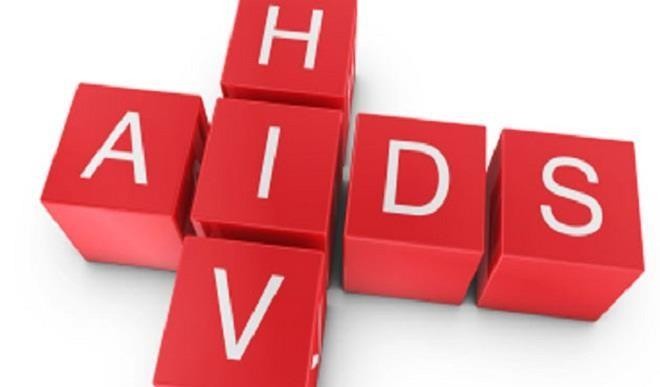Double burden of HIV and noncommunicable diseases
New research to study the burden, prevalence and incidence of non-communicable diseases among people living with HIV/AIDS is underway. The study is cohort research in which 200 people living with HIV will be registered, alongside another 200 negatives for HIV. Mitigating Covid-19 threat to adolescent health “Marriage: The COVID-19 way” They will be registered and […]

New research to study the burden, prevalence and incidence of non-communicable diseases among people living with HIV/AIDS is underway.
The study is cohort research in which 200 people living with HIV will be registered, alongside another 200 negatives for HIV.
They will be registered and tested periodically for noncommunicable diseases for two years.
Starting with Kubwa Hospital as the first site, the research will expand to other sites including the University of Abuja Teaching Hospital, Nyanya General Hospital, Asokoro District Hospital, and Police Clinic.
“The aim is to characterize the burden, prevalence, and incidence of noncommunicable diseases in people living with HIV,” said Professor Alash’le Abimiku, executive director of International Research Centre of Excellence, an arm of IVN, conducting the study.
“People living with HIV are living longer, getting to that age when they develop noncommunicable diseases.”
Equipment for the diagnostics have been donated by ISN Medical, regarded the biggest supplier of systems for clinical chemistry, immunoassay and molecular diagnostics has donated diagnostics equipment to be used in the study.
It is the first time a local donor is investing in local research by IHVN.
“The motive for this particular donation is not necessarily in terms of financial gain to ISN but it is in terms of capacity development and local funding for our research here in Nigeria. It is to develop the local content,” said Vitalis Echebiri, regional sales manager at ISN.
The instruments include Cobas c111 and AVL, with the capacity to run over 40 tests including electrolytes, renal function, liver function, lipid profile, blood glucose, proteins and critical care.
A Mindray BC5150 is also part of the donation. All the equipment will be stationed at Kubwa General Hospital, and will become property of the hospital once the research is done.
“[Having local funding for the first time] is huge in the sense that for research to really progress, you do not want to just rely on foreign donors because sometimes they have their focus for the research they want to fund,” says Evaezi Okpokoro, co-investigator for the research project.
“But when you have local donors, it tries to address local problem and builds a culture where other stakeholders within the country can contribute toward research development.”
The study will consider four groups of noncommunicable diseases: cardiovascular diseases, diabetes mellitus, cancer (cervical and prostate cancer), and chronic obstructive pulmonary airway diseases
Kubwa General Hospital caters to a broad range of patients, and has registered 2,500 patients since it started comprehensive HIV services, mostly adult males and females.
“Kubwa is in the heart of the city and its services straddles adjacent states – Kogi Niger, Kaduna, Nasarawa. It is affordable to many classes of people,” says the hospital’s medical director Dr Lasisi Muideen.
“We have a very broad spectrum of people that is quite representative of everybody in the nation. We expect whatever data we get will be quite representative of everybody in the nation.”
Dr Collins Kalu, project coordinator for HIV services and site investigator for the research at Kubwa General Hospital will coordinate recruitment of patients at the hospital, gather data and testing results for the research.
He says many of the 2,500 patients on record who have been on antiretroviral therapy have grown into old age and are seeing disease associated with aging.
“Because they have survived from HIV disease, they have now entered the adult age of life where diabetes, hypertension, cardiac diseases are very prevalent,” says Kalu.
“Because of that you see them being on HIV treatment and at the same time they develop these other diseases. It is very important that we evaluate it so that while we are taking care of HIV infection, which for now they have almost overcome, we are also taking care of these other diseases that come with age. We are able to evaluate to know how many of them will have and if they do, we start managing it on time.”
Elima Jedy-Agba, a coordinator of IHVN’s International Research Centre of Excellence and co-investigator on the research project, says the eventual findings of the research at the end of its two-year span will provide preliminary data for wider research to understand the impact of noncommunicable diseases on people living with HIV.
